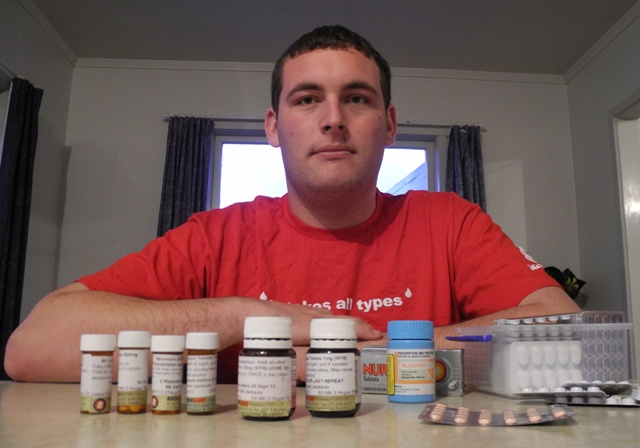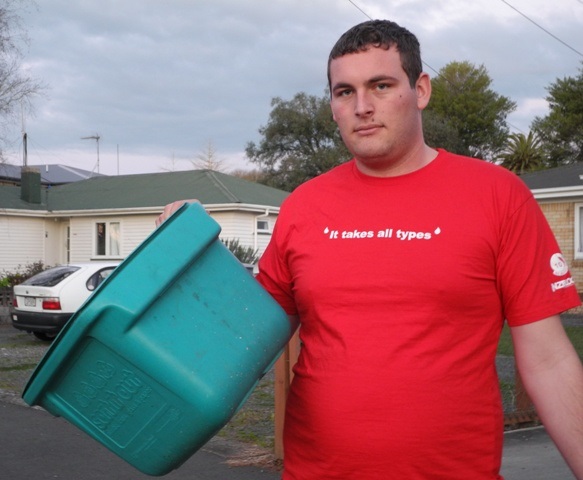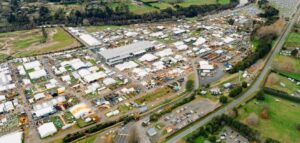Mugging victim wants safer streets
A 22-year-old mugging victim has had it with Hamilton East’s unsafe streets, and wants the council to step up to the plate.
Carl Jackson used to have a job.
The 22-year-old also used to be able to read and use computers, but ever since he was mugged in Hamilton East on June 22, small tasks like these are difficult.

Jackson was walking along Henry Street to a friend’s house at 7pm when three people attacked him from behind, taking anything of value including his phone and laptop, but leaving him with a serious head injury, prompting him to demand safer streets from Hamilton City Council hopefuls.
“I’ve recently learnt that the area between Clyde Street, with Cameron Road and Old Farm Road, has the highest crime rate in New Zealand per square metre,” Jackson said.
“They could try and put more neighbourhood support in here.”
Jackson was struck in the temple during the mugging, leaving him with issues with his eyesight, bodily coordination, and his ability to concentrate for long periods of time.
While council is not in control of neighbourhood support, he said, they held a lot of influence with CitySafe, a bid to make the CBD a safer area.
“I think that CitySafe should be able to have some sort of presence out here, even though it’s not part of the CBD,” he said.
Something else Jackson asked of candidates was to make recycling bins free.
“The recycling bins become a form of currency,” he said.
“People tend to steal a lot more recycling bins here and then you have to go and get a bin from the council and pay for it.
“I live in a student area so often there’ll be people trying to take our recycling bin after they’ve had a party.”

In Hogan Street where he lives he estimated recycling bins go missing about once a week.
“We’ve found ours at other people’s houses and we just steal it back.”
Jackson also believed council should start a free bus service for people going home after a night of clubbing.
He said people could catch the Nightrider, but often did not have money on them at the end of the night, so would choose to either walk or drive, possibly drunk.
“It would encourage less people drink driving, less people going out on their restricted licences, sober driving people,” he said.




